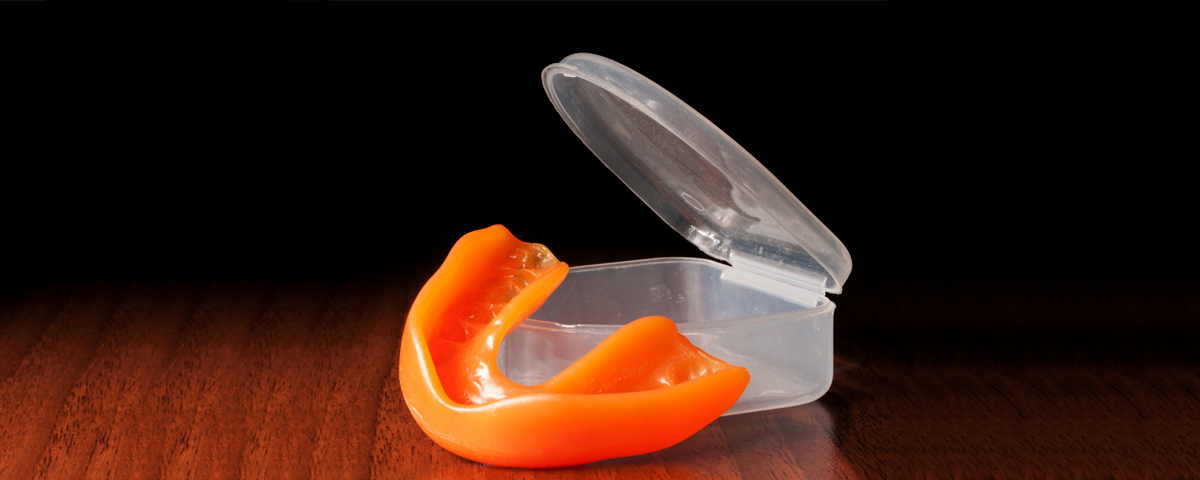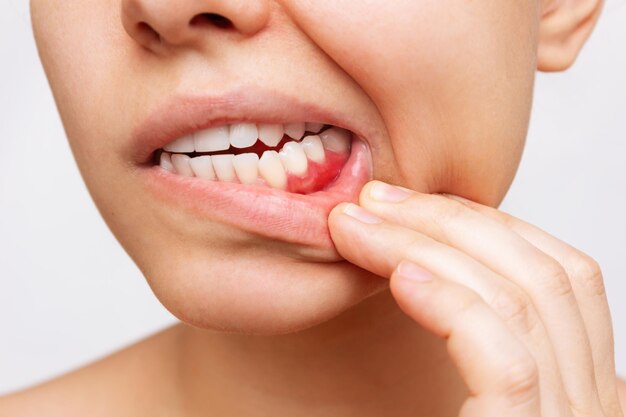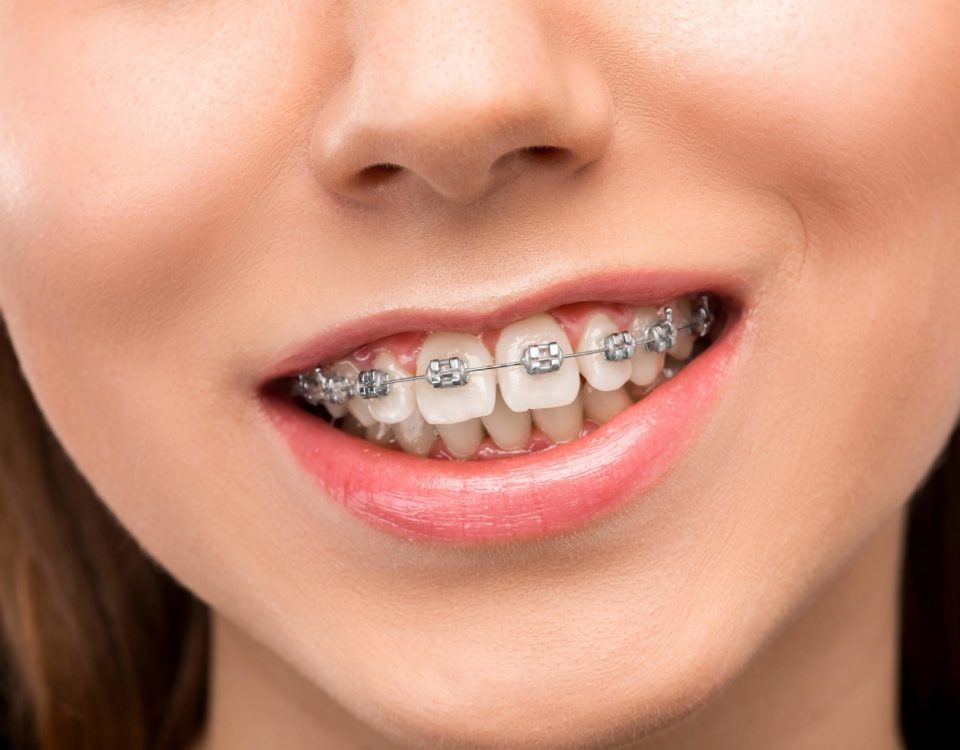3 Types of Mouthguards – Which One Fits You Best…

What You Really Can Do to Help Your Child at the Dentist
January 8, 2019
Braces for Your Child – Why You Really Do Need Them
January 15, 2019Anyone who’s ever played a sport or have kids who play, knows that a mouthguard is often required to be worn during play. The mandate does depend on the sport. Mouthguards are worn to protect the teeth from injury. Not only for sports, but it can also be worn if you grind your teeth. Again, this is to protect your teeth from damage.
Who Needs a Mouthguard?
Mouthguards should be used by anyone — children and adults — who play contact sports such as football, boxing, soccer, ice hockey, basketball, lacrosse, and field hockey, to name a few. Even those participating in noncontact sports, or recreational activities, for example, gymnastics, skateboarding, and mountain biking or any other activity that might pose a risk of injury to the mouth, would benefit from wearing a protective mouthguard.
There are three types of mouth guards available:
Stock mouth protectors:
are already formed and come ready to wear. They’re the most inexpensive choice and can be bought at most sporting goods and department stores. However, they do come with some problems. For instance, little can be done to adjust their fit to your mouth. They are bulky and make breathing and talking difficult. What’s worse is they provide little or no protection. Dentists do not recommend their use.
Boil and bite mouth protectors:
also can be bought at many sporting goods stores and may offer a better fit than stock mouth protectors. The “boil and bite” mouthguard is made from thermoplastic material. It is placed in hot water to soften, then placed in the mouth and shaped around the teeth using finger and tongue pressure. This, of course would allow for a better fit.
Custom-fitted mouth protectors:
are individually designed especially for you. It’s made in a dental office or a professional laboratory based on your dentist’s instructions. First, your dentist will make an impression of your teeth. Then a mouthguard is molded over the model using a special material. Due to the extra time and work involved, and the use of the special material, it is more expensive. However, it does provide the most comfort and is the best protection for your teeth.
Mouthguards usually cover your upper teeth only, but in some cases, (such as if you wear braces or another fixed dental appliance on your lower jaw), your dentist will make a mouth- guard for the lower teeth as well.
Your dentist should be the one to suggest the best mouthguard for you. An effective mouth- guard should be comfortable, durable, resist tears, and easy to clean. Equally important, it should not restrict your breathing or speech.
We’re pleased to offer a FREE report that provides addition important dental information. Why not get your copy now? The Parent’s Guide to Children’s Oral Health is just a click away. And it’s absolutely FREE.
Also, for added information, make an appointment, or have a question answered, you’re more than welcome to call us at West Olds Dental at (587) 855-4747 or click here to visit our website.




